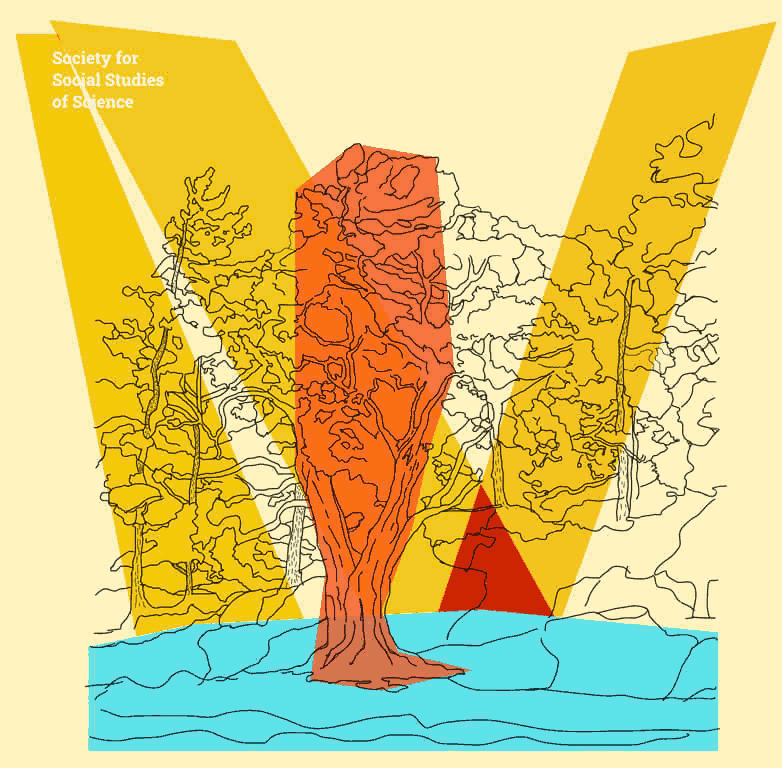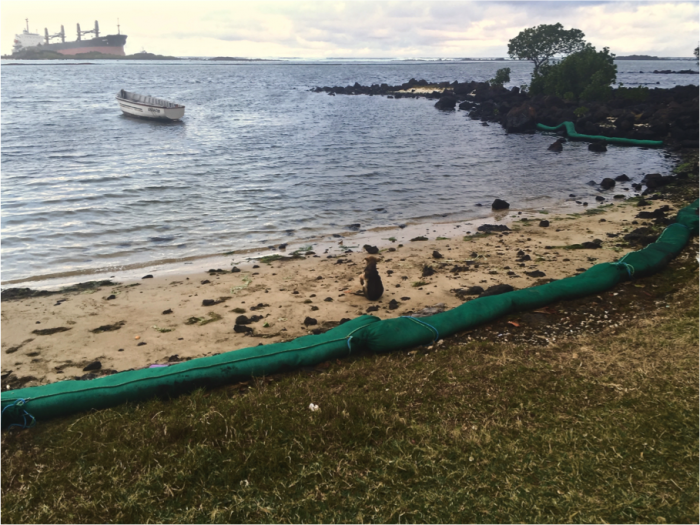Renewable energies, green/blue/bio-economies, waste management systems, as well as sustainable agriculture and aquaculture hold within them the possibility of working towards a “Greater Good”, however, “goodness” is frequently built on toxic colonial and capitalist processes that are rendered invisible through sustainability discourse. How can good practices, relationships, and things be cultivated in an environment where toxicants, toxic politics, and toxic relationalities are constantly reproduced? How do toxic production systems—based on extractivism, colonialism, and plantation capitalism—foment new forms of sustainability that cannot be excised from these deadly foundations?
Search Results for: caporusso
Mauritian Energyscapes: Compromise and Contestation
“I went there. You don’t want to go, trust me. You can’t breathe. [There’s a] heavy smell of petrol in the air that can’t be good.”
In the early morning hours of 21 June 2016, disaster struck just off the shoreline of the Indian Ocean island nation of Mauritius. MV Benita, a Liberian bulk carrier en route to southern India, ran aground on a sandy atoll just shy of the village of Le Bouchon on the island’s southeast shore.[1] For a small island developing state such as Mauritius, any sort of large-scale environmental event becomes cause for alarm. The scale of ecological destruction and the fallout of MV Benita were catastrophic.
Read More “Mauritian Energyscapes: Compromise and Contestation”
The Trouble with Bats: Valuing Urban Naturecultures
This post is presented in this week’s series recognizing Earth Day, Friday, April 22.
“Qu’est-ce qu’on va faire à propos des chauves-souris?”
What are we going to do about the bats?
I sit among a small cluster of locals and expats as we sip on coffee and soft drinks sweetened by locally grown sugarcane. We are crowded around a collection of bistro tables pushed together in the center of a busy café. The tropical sky overhead is clear, with not a single cloud in sight. No birds. No bats either.
They came for the bats—not to kill them. No, we are here to discuss ways of relocating the unwelcome creatures elsewhere. Elsewhere could be anywhere—just as long it was away from the towns, away from the orchards. In short, away from humans.
Read More “The Trouble with Bats: Valuing Urban Naturecultures”


